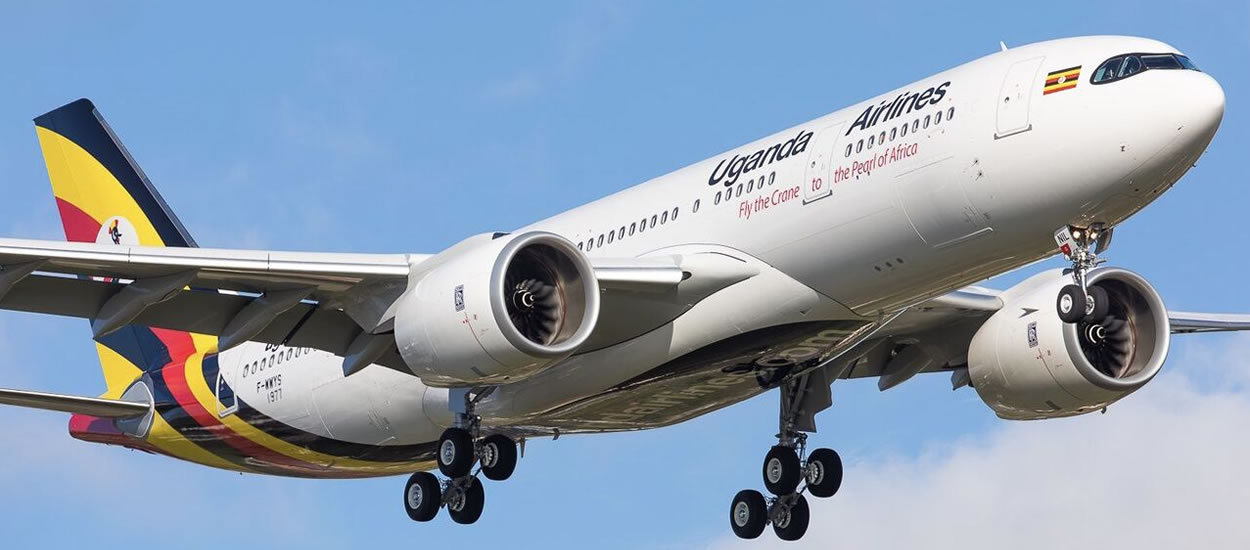KAMPALA, February 28, 2024 – Aviation officials from the Eastern Africa-Southern Africa and Indian Ocean region are making steady progress in reviewing and having a model Bilateral Air Services Agreement [BASA] that conforms with the provisions of the Yamoussoukro Decision of 1999. Once fully adopted and implemented, the model BASA will clear the way for a single African air transport market which will boost the sector.
Experts have long called for a single African air transport market contending that it would strengthen intra-regional connectivity between the capital cities of African countries. A single unified air transport market would be an impetus to the continent’s economic integration and growth agenda.
As part of the process to activate this, representatives from ten countries in eastern and southern Africa and the Indian Ocean met in Kampala, Uganda February 26-28, 2024 for the second consultative workshop on the model BASA.
Uganda’s Minister of Works and Transport, Edward Katumba Wamala who opened the meeting said one of the immediate measures required by Member States is to review their BASAs by removing all restrictions on traffic rights under the 3rd, 4th and 5th freedoms, frequencies, fares and capacity.
“BASA is one of the fundamental means of ensuring air transport interconnectivity between States and the current exercise is geared towards streamlining the instrument to conform with the provisions of the YD,” said Katumba who was represented by the Minister of State for Transport, Fred Byamukama
Adopting a model BASA, he said will hasten the process of reviewing BASAs among Member States of COMESA, the East African Community and the Intergovernmental Authority on Development [IGAD].
Team Leader of the Support to Air Transport Sector Development Programme [SATSD], Adikiny Olwenge stated that while many air transport markets outside of Africa have been liberalised to a significant extent, most intra-African air transport markets remain largely closed due to restrictive BASA.
“This has affected air connectivity within Africa and has limited the potential economic growth and development,” he added. “I urge all not to lose sight of the benefits this would bring in terms of tourism both local and international in the region, if all challenges associated with air transport infrastructure and costs are addressed.”
With financial support from the 11th European Development Fund, COMESA and partner regional Economic Communities, the International Civil Aviation Organisation [ICAO] and the African Civil Aviation Commission are collaborating to assist countries to change the narrative.
The SATSD was established in 2020 to operationalise the Single African Air Transport Market, strengthen the regulatory and institutional capacity of civil aviation institutions in the East African-Southern African and Indian Ocean [EA-SA-IO] region. It is also expected to improve air navigation efficiency in the region.
https://thecooperator.news/house-approves-new-aviation-law-for-uganda/
Buy your copy of thecooperator magazine from one of our country-wide vending points or an e-copy on emag.thecooperator.news
